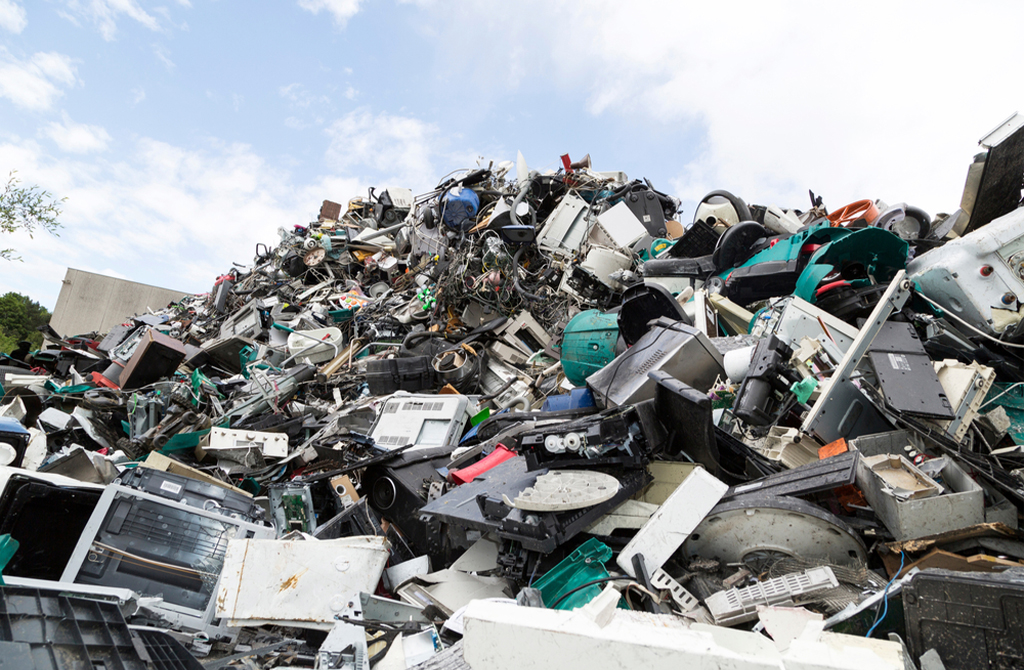Africa’s digital boom meets a toxic reality: The e-waste crisis

Africa’s rapid digital transformation is fueling an environmental time bomb: the continent generates roughly 2.5 million metric tons of electronic waste annually, yet recycling systems are dangerously unprepared. Discarded phones, laptops, appliances, and batteries pile up exacerbated by a flood of imported used electronics, often disguised as “donations.” Ghana alone receives 150,000 tons of foreign e-waste yearly, nearly triple what it produces domestically.
The fallout is toxic. Informal recyclers, many of them children, burn or dissolve devices to extract copper, gold, and other valuables, releasing lead, mercury, and carcinogenic fumes.
At Agbogbloshie, Ghana’s infamous e-waste dump (shuttered in 2021), thousands risked neurological damage and cancer for $2-a-day wages.
Worse, these practices emit potent greenhouse gases like methane, turning scrap yards into climate hazards.
Yet the waste is also a lost fortune. Globally, unrecovered metals from e-scrap totaled $63 billion in 2022 a missed opportunity for African economies.
While Rwanda, South Africa, and Egypt pilot recycling reforms, enforcement of international treaties remains weak.
With global e-waste projected to hit 82 million tons by 2030, Africa faces a crossroads: Will it build a sustainable circular economy or drown in the digital age’s toxic aftermath? The answer could mean billions in revenue or a public health catastrophe.






